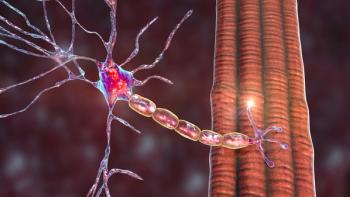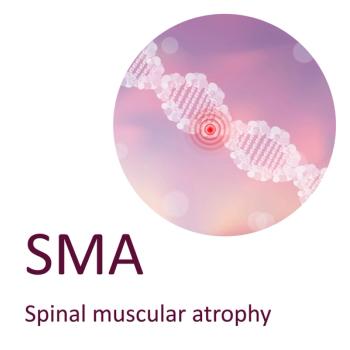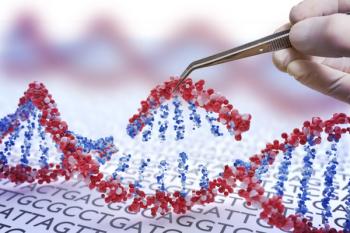
Older Ventilated Children with SMA See Improvements After Gene Therapy
Some prior research had shown that gene therapy would not lower the amount of time children spend on ventilator support.
The
The research, led by Mohammad Ala' Alajjuri of the College of Medicine, University of Sharjah, United Arab Emirates, found a meaningful reduction in the number of patients experiencing paradoxical breathing, where the patient’s weakened muscles cause the diaphragm to work harder than the chest muscles, resulting in the chest moving inward instead of outward during inhalation. This condition causes poor oxygen intake and can lead to respiratory complications.
Among 18 patients assessed for paradoxical breathing, 72% (13) had the condition prior to receiving gene therapy, compared to 22% (4) who still had it after treatment. The gene therapy also helped study participants improve their ability to cough, a critical factor that can both prevent hospitalizations and decreases hospital stays due to respiratory infections.
“Gene therapy was effective at a late age of administration, indicating that older patients with SMA-1 still have a chance for improvement if presented late for the therapy,” the study authors wrote. Although prior
Prior to receiving gene therapy, the patients in the study underwent intensive assessment and management at long-term ventilator clinics, which helped them build up tolerance to safely be off ventilation at least eight hours a day. The study authors suggest this pretreatment approach can accentuate the benefits of gene therapy among SMA patients.
"In conjunction with gene therapy, rigorous, high-quality clinical care is beneficial and should be paired with gene therapy management," the authors wrote.
Newsletter
Get the latest industry news, event updates, and more from Managed healthcare Executive.

























